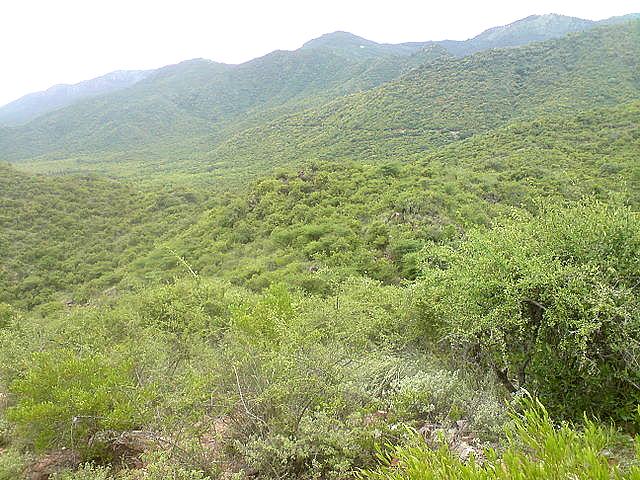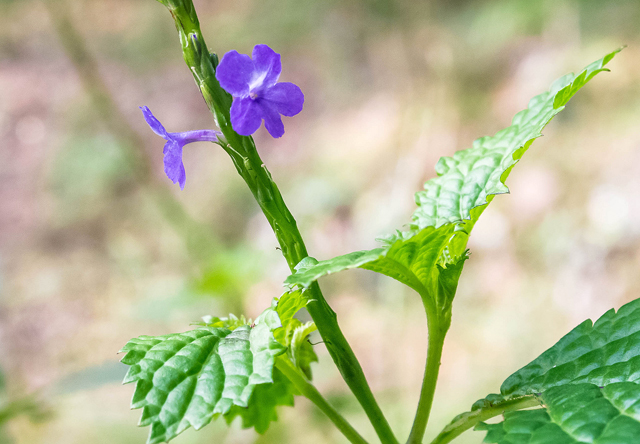Paliyans in the Dindigul District of India’s Tamil Nadu state have finally succeeded in gaining the right to gather products in nearby forest lands.

According to an article in The Hindu last week, they have been struggling since 2001 to gain the legal right to gather minor forest products in areas where they have traditionally harvested them. Their efforts were aided by the provisions of India’s Forest Rights Act of 2006.
T. Shankar, President of the Village Forest Committee of the K. C. Patti Panchayat, located in the district, told the paper, “We are the first in the State to enjoy such rights as the government recognised our claims to forest land, where we have been living and depending on …for our livelihood from time immemorial.” The Paliyans were held up in their quest by the fact that the Kodaikanal Hill in the district had been declared a wildlife sanctuary.

After the Minister for Forests of the state, Dindigul C. Sreenivasan, distributed right of access documents to Paliyan representatives, K. Murugan, also from K. C. Patti panchayat, told The Hindu, “Now, we can manage and conserve a part of reserve forests and collect, use and sell minor produces like honey and medicinal plants and raise crops on forest land.” Murugan expressed the hope that their children in the future will not be alienated from the forests. Most of the certificates were given to Paliyans in K.C. Patti and on Sirumalai Hill, a few miles from the town of Dindigul, but the article named several other Paliyan villages where certificates were also distributed.
Peter M. Gardner, the anthropologist who has done extensive fieldwork among the Paliyans, discussed their relationships with the forests and mountains that surround the valleys of Tamil Nadu in many of his writings. For instance, his 1985 article “Bicultural Oscillation as a Long-Term Adaptation to Cultural Frontiers: Cases and Questions” provided an interesting overview of their relationships with the forest—and with the Tamil majority people who dominate the valleys in that state.

He discussed a Paliyan village that had been established outside the forest but which was resettled by the government into a new housing project located farther away from it. Some Paliyans soon left for the forest or for other communities at the edge of it. Those who remained in the new settlement became quite agitated. They found the other, non-Paliyan members of their new village to be loud, judgmental, manipulative, and interfering with the affairs of others. And more to the point of last week’s news story, they felt very far away from the forest, which had become a 40 minute walk rather than just a 5 minute walk away. It appears from the recent news story as if the career politician and now minister of forests, Mr. Sreenivasan, may himself be sympathetic to those sentiments.
Gardner discussed the decisions that the Paliyans made, when not pressured by government agents, to live in bands within the forests, in the frontier zones at their edges, or in settlements well out into the valleys. Their decisions to move out of the forests were often motivated by economic and technological opportunities. But over 30 years ago, the forests retained strong values for the people. They symbolized their peaceful ways and their identity as a people. It is clear from the current news report that the Paliyans, even though they may not live right in the forests of the Dindigul District, have a strong desire to retain their connections to forest landscapes.